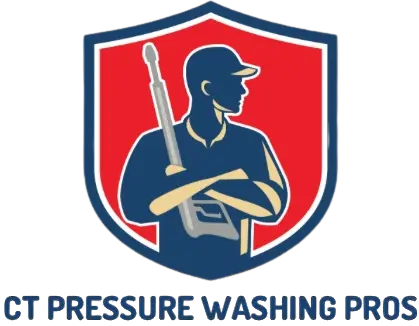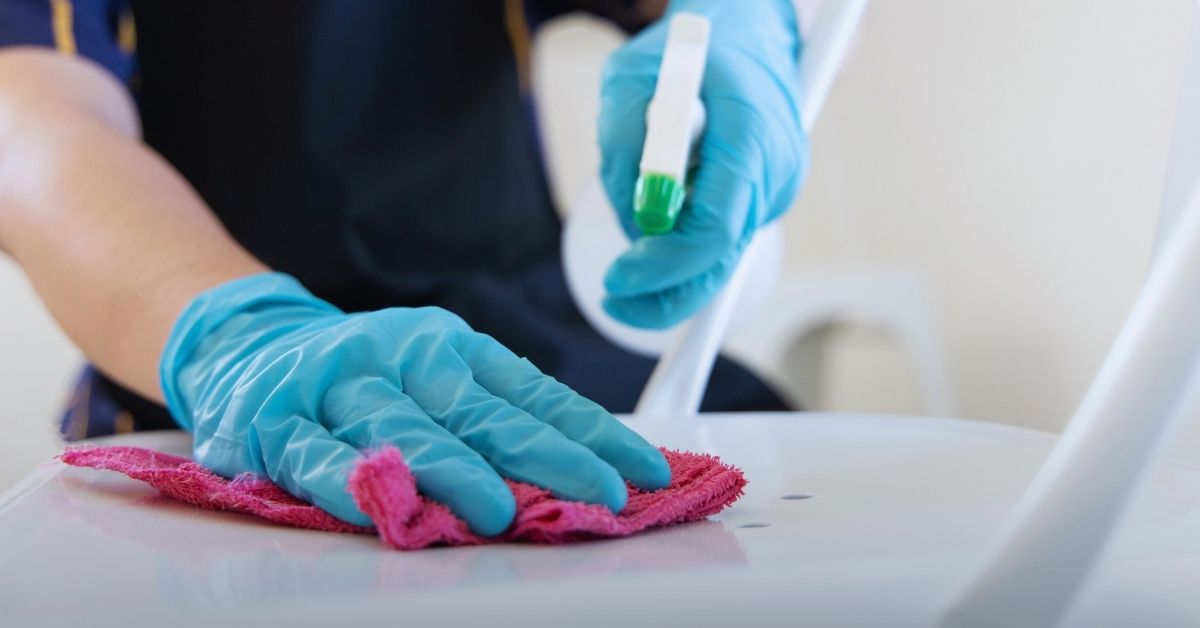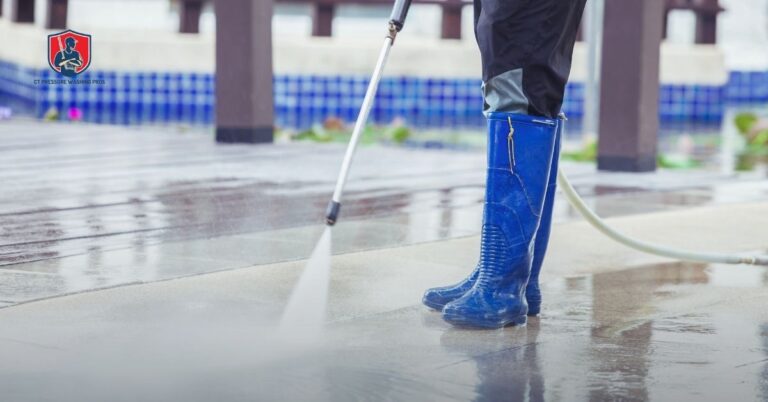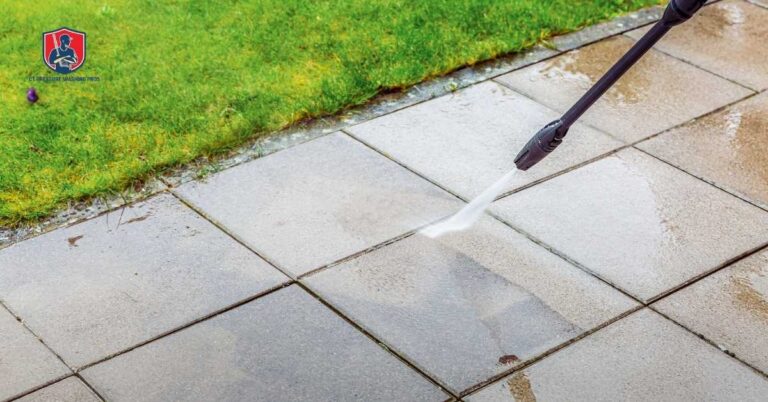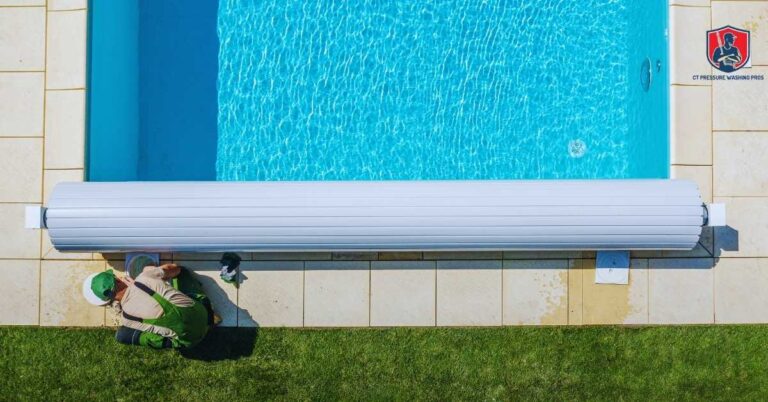If you’re renting out property in Connecticut, cleaning isn’t just about making a place look nice—it’s the law. State rules say landlords must hand over a home that’s safe, livable, and clean enough for someone to move in. And if you don’t? That can lead to complaints, withheld rent, or legal trouble that costs you far more than a mop and bucket.
Think of it like this: handing someone the keys to a dirty apartment is like serving a meal on a used plate. First impressions matter, and so does following the law.
This guide breaks down exactly what you’re required to clean, when you need to do it, and what happens if you skip it. No guesswork. No legal jargon. Just clear steps that help you stay out of trouble and keep your rental business running smoothly.
Let’s break it down.
Table of Contents
Mandatory Cleaning Requirements for Landlords in Connecticut
Legal Foundation for Cleaning Requirements
Connecticut law isn’t vague when it comes to a landlord’s responsibility to keep rental units clean. The rules are clear and written into the state’s landlord-tenant laws.
Under Connecticut General Statutes § 47a-7, landlords must make sure a rental unit is “clean, safe, and fit for human habitation” before handing it over to a new tenant. That’s not just a suggestion. It’s a legal duty. If you don’t meet that standard, you’re giving tenants the right to file complaints, request repairs, or even stop paying rent until it’s fixed.
The law also requires landlords to manage common areas in multi-family buildings. This means keeping shared hallways, laundry rooms, and stairwells free of trash, pests, mold, and any other items that could pose a health hazard.
But it doesn’t stop at handover. If a cleaning issue arises because something broke (like a leaking pipe or a sewage backup), landlords must fix it quickly.
So here’s the bottom line: If you’re collecting rent, the law expects you to provide a clean and livable space. And if you don’t? Tenants have more power than you might think.
Let’s walk through exactly what you’re expected to clean—and when.
Required Cleaning Responsibilities for Landlords
Connecticut law doesn’t leave much room for guessing—if you’re a landlord, you’re expected to deliver a clean, safe rental at every stage of the leasing process. That means before, during, and after someone lives in your property, you have specific responsibilities you’re legally required to follow.
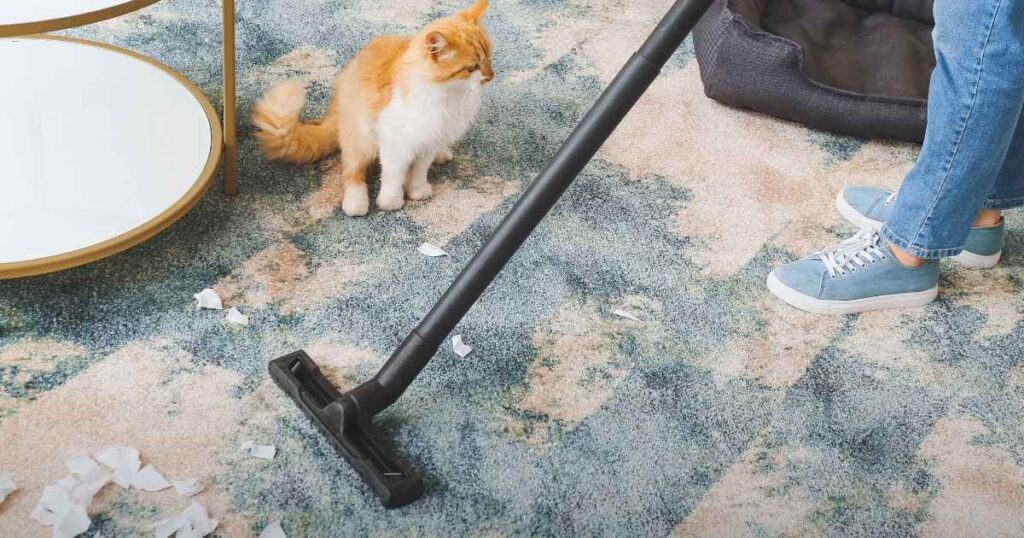
Let’s break them down by timing:
Before a Tenant Moves In
This is where most problems start—or get avoided. Landlords are legally required to make sure the unit is “clean and safe” before handing over the keys. This isn’t just wiping down the counters. It means delivering a space that’s truly ready for someone to live in.
Here’s what that includes:
- Sanitize bathrooms, kitchens, and appliances. This includes tubs, toilets, sinks, stovetops, and anything else that could harbor germs.
- Remove trash, debris, and any signs of pests or mold. A single roach or patch of mildew can lead to a complaint or legal issue.
- Fix or replace unsanitary flooring or wall damage. Dirty, stained, or damaged materials must be cleaned or swapped out entirely if they’re no longer safe or hygienic.
Skipping this step can result in fines or a tenant withholding rent under Connecticut law, and it’s not worth the risk.
Between Tenants
When one tenant moves out and another hasn’t moved in yet, this window allows you to clean and reset the space properly. It’s your responsibility to bring the unit back to move-in condition before starting a new lease.
That means:
- Thoroughly clean the entire property again. Even if the last tenant cleaned up, you must ensure the unit meets legal standards.
- Remove any abandoned items. If the prior tenant left things behind, you must follow the legal process before tossing them.
- Sanitize shared spaces. If the unit is part of a larger building, things like laundry rooms, hallways, or elevators must be cleaned and odor-free.
- Eliminate odors or pet messes. You’re responsible for removing lingering smells, dander, or stains left behind by pets, even if the tenant didn’t mention them.
This stage often gets rushed, but skipping details here can lead to bad reviews, tenant complaints, or even housing code violations.
During Tenancy (Landlord-Specific Duties)
Once tenants move in, the cleaning they do inside their own space is their responsibility. But that doesn’t mean your job is over. You still must maintain certain conditions, especially in shared or structural areas.
Here’s what you must manage:
- Keep common areas clean. That includes lobbies, stairwells, mailrooms, and any shared facilities in multi-family properties.
- Fix cleaning-related issues that come from building problems. If a pipe bursts, mold forms, or there’s a rodent problem, it’s on you to fix it—quickly.
- Ensure regular trash removal. If garbage isn’t being picked up or stored properly, it becomes a health risk, and you’re on the hook.
These tasks aren’t optional. They’re tied directly to your legal obligation to provide a safe and livable space.
After a Tenant Moves Out
Once the keys are handed back, landlords are required to clean the unit to a legal standard again before re-renting. Think of it as hitting reset.
Here’s what’s expected:
- Remove any biohazards or health risks. This includes pests, mold, or any leftover trash that poses a safety issue.
- Address environmental hazards. If there’s peeling lead-based paint or visible mold, you’re required to either fix it or disclose it before the next tenant moves in.
- Restore the unit to a clean, habitable condition. Even if the last tenant left it mostly tidy, the law still requires you to do the final cleanup.
So here’s the key takeaway: Cleaning isn’t just a one-time task—it’s part of your legal duty at every stage. Whether it’s preparing a unit, maintaining shared spaces, or rehabbing after a move-out, these responsibilities protect both your property and your peace of mind.
Now let’s talk about what you’re not responsible for—and where your tenants need to carry their share of the load.
What Landlords Are Not Responsible For
Just because you own the property doesn’t mean you’re on the hook for every mess. Connecticut law expects tenants to do their part once they move in. Your responsibility as a landlord is to hand over a clean, safe, and livable space; however, maintaining it in that condition during the lease is a shared effort.
Here’s what you’re not required to clean or manage once a tenant is living in the unit:
Daily Cleaning and Upkeep Inside the Unit
Tenants are responsible for the day-to-day cleaning of their homes. That means:
- Sweeping, vacuuming, and wiping down surfaces
- Keeping bathrooms, kitchens, and personal belongings clean
- Preventing the buildup of trash or food that could attract pests
If a tenant lets the place become unsanitary, that’s not your fault—it’s theirs. However, if the issue causes bigger problems (like pest infestations or mold), you may still have to step in if it affects the structure or other tenants.
Damage or Dirt Caused by the Tenant
If a tenant spills paint, ruins the carpet, or leaves the place a mess, you’re not responsible for fixing it at your own cost. You can:
- Deduct cleaning and repair costs from the security deposit
- Charge the tenant directly for damages beyond normal wear and tear
Just be sure to document the condition before and after the lease to avoid disputes.
Cleaning Appliances or Fixtures During Tenancy
If the appliances you provided stop working, you’re expected to repair or replace them. But cleaning them? That’s on the tenant—unless the issue stems from a defect you’re responsible for.
Outdoor Spaces (in Some Cases)
If the lease says the tenant must handle lawn care, snow removal, or yard maintenance, you’re not expected to do those things. Always make sure these responsibilities are clearly written into the lease.
You’re not a maid or a babysitter. Keeping the space clean once the tenant moves in is mostly on them. Your job is to maintain the structure, fix what breaks, and handle anything that could affect safety or habitability—but not to follow tenants around with a mop.
Consequences for Failing to Meet Cleaning Standards
Not keeping your rental clean and safe isn’t just bad business—it can get you into legal and financial trouble fast. Connecticut law gives tenants specific rights when a landlord fails to meet basic cleaning and habitability standards. And trust us—tenants know how to use them.
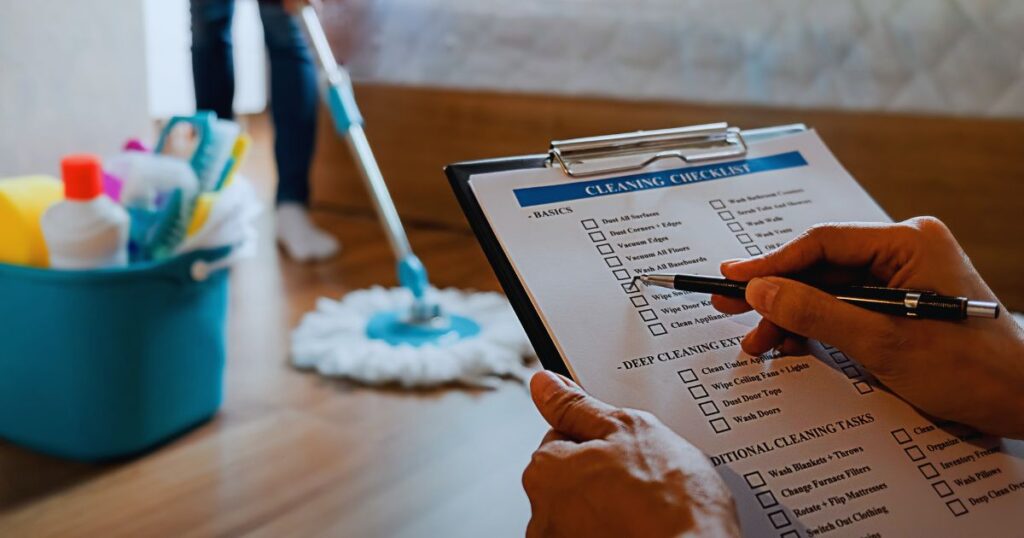
Legal Action from Tenants
If your rental isn’t clean or livable when the tenant moves in, or if you ignore problems during their lease, they can:
- Withhold rent until the issue is fixed
- File a complaint with the local housing authority
- Take you to housing court for code violations or breach of lease
In some cases, a tenant might even break the lease without penalty. That’s a lot of lost income over something as fixable as a dirty bathroom or mold in the kitchen.
Fines and Code Violations
Local building or health inspectors can issue fines or violation notices if your property doesn’t meet cleanliness or safety standards. And it doesn’t take much—a single complaint can trigger a full inspection.
If you don’t fix the problem in time, you could face:
- Daily fines until the issue is resolved
- Forced repairs where the city does the work and charges you
- Stop-rent orders that legally block you from collecting rent
Lawsuits and Security Deposit Disputes
Tenants can sue for health problems, property damage, or emotional distress caused by unsafe or dirty conditions. And if you try to withhold their security deposit while failing to clean your part of the deal? Expect a court battle, and likely to lose.
Reputation Damage
Online reviews matter. One bad experience, especially involving cleanliness, can spread quickly and hurt your ability to attract good tenants. People talk—and no one wants to move into a place known for bugs, smells, or bad management.
So here’s the takeaway: Skipping basic cleaning tasks doesn’t save money—it risks way more. From court costs to vacancies, the price of ignoring these rules is always higher than doing things right from the start.
Proactive Steps to Stay Compliant
The easiest way to avoid legal trouble, angry tenants, and unexpected costs? Stay ahead of your cleaning and maintenance duties. A few simple habits can keep your property in shape, your tenants happy, and your name off any complaint lists.
Let’s go over the smart moves landlords in Connecticut should take.
Inspection and Documentation Matter More Than You Think
If it’s not written down or photographed, it didn’t happen—at least in the eyes of the law.
Here’s how to protect yourself:
- Do a full inspection before and after every lease. Look for anything that could be considered unclean, unsafe, or unlivable.
- Use a detailed move-in/move-out checklist. Have your tenant sign it. This gives you proof of the property’s condition.
- Take photos of everything—clean bathrooms, working appliances, spotless floors. Keep them on file with the date.
This documentation becomes your backup in deposit disputes, court claims, or tenant complaints. It shows you did your part.
Hire Professional Cleaners When Needed
You don’t always have to scrub it yourself. Hiring a pro can save time and lower your risk.
Why it helps:
- They clean to move-in standards. That’s higher than everyday cleaning.
- They spot issues you might miss. Like mold in vents or buildup behind appliances.
- You get a receipt. Another piece of proof that the job was done right.
If you manage multiple units or have short turnover times, this small cost can protect your rental income in the long run.
Build Cleaning and Maintenance Into Your Schedule
Don’t wait for a problem to pop up. Keep things clean on a set schedule:
- Quarterly or seasonal walk-throughs. These help you catch issues early.
- Service agreements for pest control or HVAC cleaning. Keeps common areas clean and avoids tenant complaints.
- Weekly upkeep in shared spaces. If you own a multi-unit building, treat those areas like public spaces—they reflect your professionalism.
This steady rhythm helps you stay compliant and keeps your property looking ready to rent, year-round.
Bottom line: Staying compliant with cleaning rules isn’t about doing more—it’s about doing the right things at the right time. A few smart systems can save you hours of hassle and thousands of dollars.
Conclusion
Clean properties don’t just meet legal standards—they attract better tenants, reduce turnover, and protect your investment. Following Connecticut’s cleaning requirements isn’t just about avoiding trouble—it’s a smart way to run a steady, stress-free rental business.
The best landlords don’t wait for problems to show up. They prevent them with systems, checklists, and a habit of staying one step ahead. Whether you manage one unit or several, the effort you put into cleanliness pays off in trust, better reviews, and fewer costly surprises.
Think of it like changing the oil in your car—you don’t do it because the law says so, you do it because it keeps everything running. Your rental is no different.
So stay consistent, stay clean, and treat every turnover like an opportunity, not a hassle. Your future self (and your tenants) will thank you for it.
